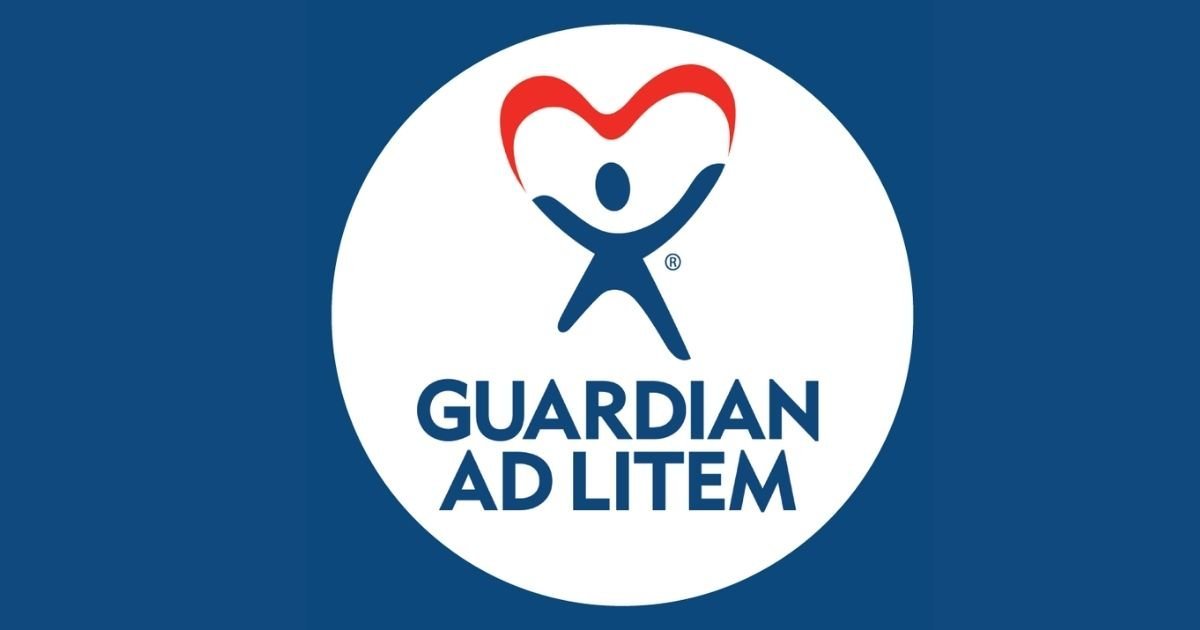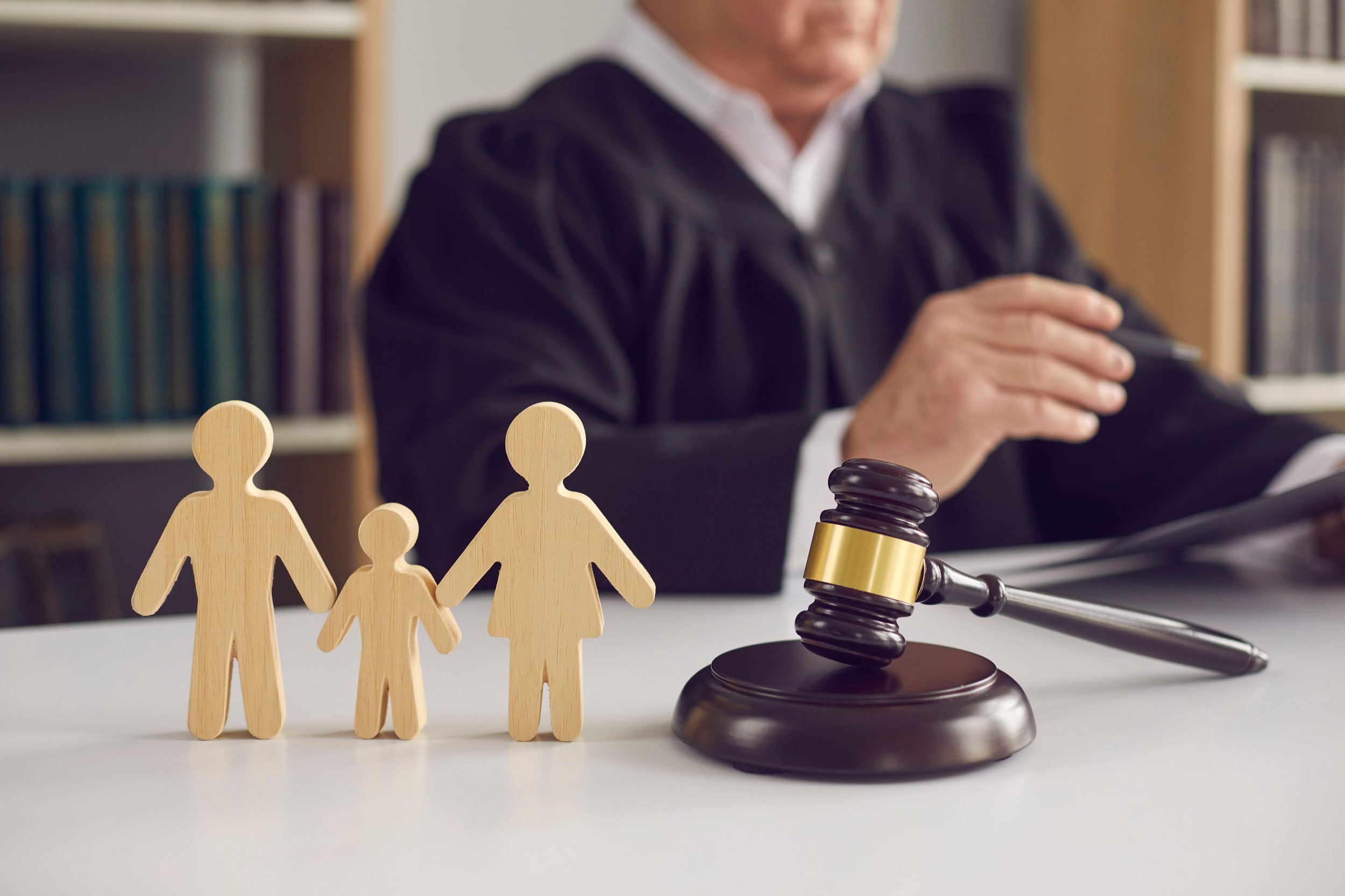What Not to Say to a Guardian Ad Litem: Avoiding The Crucial Mistakes
When you find yourself involved in the complex world of family law, there are many intricate dynamics to understand and navigate.
Among the most crucial are the exchanges and connections forged with a guardian ad litem (GAL).
As an individual appointed by the court to safeguard the interests of those unable to represent themselves, the GAL plays an essential role, and understanding how to interact with this figure effectively can greatly influence the outcome of your case.
Importance of Guardian Ad Litem (GAL)
A GAL's primary responsibility is to advocate for the child's or incapacitated adult's best interests.
Their words hold substantial weight in court proceedings, making it paramount to build a respectful, positive relationship with them.
As vital as this liaison is in the legal process, many individuals are unsure or unaware of the communication etiquette needed when interacting with this legal entity.
Unfortunately, inappropriate comments or non-productive conversations can prove to be damaging roadblocks to otherwise smooth progress.
It is essential to tread this conversation terrain carefully.
With that in mind, it is crucial to understand what not to say to a guardian ad litem.
This knowledge can guide you toward fostering productive interactions beneficial to everyone involved, especially the child or the affected adult in question.
The Role and Perspective of a Guardian ad Litem
Comprehending the guardian ad litem's role, which serves as the cornerstone of productive communication and interaction, is crucial as their position is pivotal to the judicial process and has a significant bearing on the case's outcome, particularly in matters involving parenting classes, parenting skills, and domestic violence.
As such, recognizing their responsibilities and the limitations that come with their role is vital.
Exploring the Defined Duties
The role of a guardian ad litem stands unique in the legal landscape.
They are not in the court proceedings to represent the parents or any other party involved.
Their responsibility revolves around representing the best interests of the child or incapacitated adult.
Their spectrum of duties broadly includes evaluating living conditions, meeting with concerned parties, reviewing pertinent documents, and hiring independent professionals when necessary.
They then present this collected information to the court, providing valuable insights that assist in sound decision-making.
Thus, understanding the GAL role is the first step in fostering a beneficial relationship with them.
Stating the Impartiality of a Guardian ad Litem
Impartiality is the crux of a GAL’s operation.
It bears emphasis that a guardian ad litem is not on the side of either parent; they're guiding light is the best interests of the child support.
This impartial nature occasionally leads to misconceptions and misunderstandings.
Interacting with legal guardians necessitates acceptance of this fundamental principle.
It becomes crucial to avoid saying to a GAL anything implying or expecting them to favor one party.
GAL communication mistakes often center around this misconception. Recognizing their neutrality will enable more effective discussions, steering clear of sources of potential conflict.
Highlighting the Influence of Guardian ad Litem
The reports and recommendations of a GAL carry a considerable influence on the court’s decisions, particularly in custody case matters.
Their unique position lends a distinct weight to their words.
Therefore, one’s communication with the court-appointed guardian shapes the information the GAL relays to the court.
Essentially, what you project is likely to reflect in their reports.
Court-appointed special advocate tips often emphasize the importance of demonstrating a commitment to the child's wellbeing.
Remember, the GAL's focus is the best interest of the child, and their advice to the court generally carries significant weight.
The guardian ad litem advice is certainly an important piece of the puzzle in child custody or welfare cases.
Examples of Counterproductive Discussions with a Guardian ad Litem
Effective communication with a GAL is more than just understanding their role. It also entails recognizing inhibitive dialogue and interactions.
This knowledge aids in avoiding critical GAL communication mistakes and forging strong, positive relations with this court-appointed advocate.
Negative Communication with the Other Parent
A surefire way to complicate interactions with a GAL is indulging in negative conversations about the other parent.
A guardian ad litem's responsibility revolves around determining what is in the child's best interests, not adjudicating parental disputes.
Therefore, such discussions generally do not contribute productively to that end.
In fact, it can create an unfavorable impression.
Guardian ad litem advice repeatedly underscores that the individual is not sworn to secrecy.
This means negative remarks about the other parent can find their way into the GAL's report.
As such, it is crucial to maintain a mature, considerate approach while discussing the other parent.
Merely showing respect and concern for the other party can make positive strides in your interaction with the GAL.
Recommended Post: Protecting Your Child from a Narcissistic Parent
Discussions Not Centered Around the Child’s Wellbeing
As already emphasized, GALs are solely concerned with the child's welfare.
Engaging in discussions not directly related to the child's wellbeing – be it personal issues or matters irrelevant to the case – may steer the conversation off course.
This is one key aspect of understanding how to effectively speak to a GAL.
That understood it’s wise to maintain a disciplined focus on issues and events directly impacting your child.
Advice for dealing with a GAL notes that drifting towards matters outside the child’s immediate concern could project an impression of a lack of focus or dedication regarding the child's interest.
If you are having a hard time disciplining a child, you can read my article here How to Discipline a Narcissistic Child which will give you a lot of useful info as a parent.
Being Unresponsive or Dismissive
Respect and responsiveness play a significant part in GAL interaction precautions.
A lack of cooperation can be detrimental to your relationship with the court-appointed champion.
Being unresponsive or dismissive, or showing defensiveness or hostility can project an image of uncooperativeness, ultimately affecting your case negatively.
Etiquette with legal guardians goes a long way toward building a fruitful relationship.
Keeping communication lines open, positively responding to interactions, and showing willingness to collaborate can only serve to present you in a more favorable light.
Remember, a GAL's impressions significantly influence their final report and recommendations.
Hence, exhibiting a cooperative and respectful attitude is recommended in all dealings with a GAL.
Tips for Positive Interaction with a Guardian ad Litem
Steering clear of counterproductive exchanges essentially boils down to adopting a few key principles of interaction.
These encompass maintaining respectful attitudes, promoting transparency, and radiating genuine concern for the child.
Adopting these approaches can greatly enhance one's communication with a court-appointed guardian and lend confidence to your discussions and dealings.
Displaying a Respectful and Constructive Attitude
The significance of respect and positive engagement in interactions with a GAL cannot be overstated.
A key piece of guardian ad litem advice is to prioritize not just the child's welfare, but also to maintain a respectful, open relationship with the GAL.
Cooperation goes a long way in setting the tone of your interactions and impressions with this legal entity.
Moreover, always keep the conversation focused on the child’s best interests.
Show your dedication to this cause by engaging constructively with the GAL, showcasing your genuine concern, and highlighting your focused efforts to ensure the child's wellbeing.
This attitude won't go unnoticed, thereby having potential positive repercussions on your case.
Promoting Open and Honest Communication
Honest, open communication is the bedrock of positive interactions with a GAL.
A common pitfall to avoid when dealing with a GAL is evasiveness or misleading information.
Questions must be answered directly and honestly.
GALs are experienced professionals who can see through deceit or half-truths.
Transparency regarding your child's situation is crucial.
Any concern, issue, or detail, no matter how insignificant it may seem, can be important.
By providing the GAL with a complete, accurate picture, you empower them to make the most informed decisions and recommendations.
This truthfulness and integrity will also enhance the GAL's trust in your willingness to cooperate.
Placing Emphasis on Concern and Involvement for the Child
GALs are always on the lookout for evidence of a positive parenting plan, skills, and a parent's sincere dedication toward the child's wellbeing.
Hence, one of the tips for a GAL meeting is to focus on demonstrating your involvement and concern for the child.
Share about the steps taken for the child's welfare, display your active participation in their life and highlight any positive changes made to better your child's life.
The goal is to reassure the GAL of your commitment to your child's well-being and your willingness to take the necessary steps for their betterment.
Remember, your actions and words should reinforce the same message: That the child's best interests are always your priority.
Wrapping Up
Navigating interactions with a guardian ad litem can seem a daunting task, particularly for those newly acquainted with the intricacies of family law proceedings.
However, deciphering the dos and don'ts with a GAL is not an insurmountable challenge.
Understanding this balance can significantly impact case outcomes and provide a path to a productive and mutually respectful relationship.
The Role of Guardian Ad Litem (GAL) in Court Proceedings
We've delved into the essential role of a GAL in court proceedings: An individual championing the child's or incapacitated adult's best interests.
Their unique position, serving neither parent but the child, brings with it significant influence in case outcomes.
Simultaneously, it presents an imperative to communicate effectively, with the GAL’s role at the heart of any conversation.
Conversations to Avoid with a GAL
Subsequently, we explored conversations best avoided with a GAL - including adversarial dialogue about another parent, discussions that drift away from the child's welfare, and unresponsive or dismissive discourse.
Negativity, personal issues, and uncooperativeness don't contribute in any constructive way.
These are pitfalls that are not only unproductive but can also detract from your aims in this legal scenario.
Tips for Fostering Beneficial Communications
On the positive front, we tapped into tips for fostering beneficial communications.
These include building a respectful and constructive approach, promoting open and honest discussions, and constantly highlighting your genuine concern for the child’s wellbeing.
Simple guidelines, like remaining focused, transparent, and involved, can notably enhance interaction dynamics and propel your case in the right direction.
FAQs (Frequently Asked Questions)
1. What is the role of a Guardian ad Litem (GAL) in family law proceedings?
A GAL is appointed by the court to advocate for the best interests of the child or incapacitated adult involved in legal matters.
They serve as impartial figures, neither representing the parents nor any other party, and their recommendations carry significant weight in court proceedings.
2. How can I effectively communicate with a Guardian ad Litem?
Effective communication with a GAL involves understanding their role and responsibilities, maintaining a respectful and constructive attitude, promoting open and honest dialogue, and demonstrating genuine concern for the child's wellbeing.
By focusing on these principles, you can foster a positive relationship with the GAL and contribute to the best possible outcome for the child.
3. What are some common mistakes to avoid when speaking to a Guardian ad Litem?
Avoid engaging in negative conversations about the other parent, discussing matters unrelated to the child's welfare, or being unresponsive or dismissive during interactions with a GAL.
These behaviors can hinder productive communication and negatively impact the outcome of your case. Instead, prioritize maintaining a focused, respectful approach centered on the child's best interests.
Conclusion
In essence, navigating a course through the role and interactions with a Guardian ad Litem necessitates a balanced approach, thoughtful considerations, and an unwavering focus on the child's best interests.
With these elements as guiding principles, positive engagement with a GAL is truly within reach.







